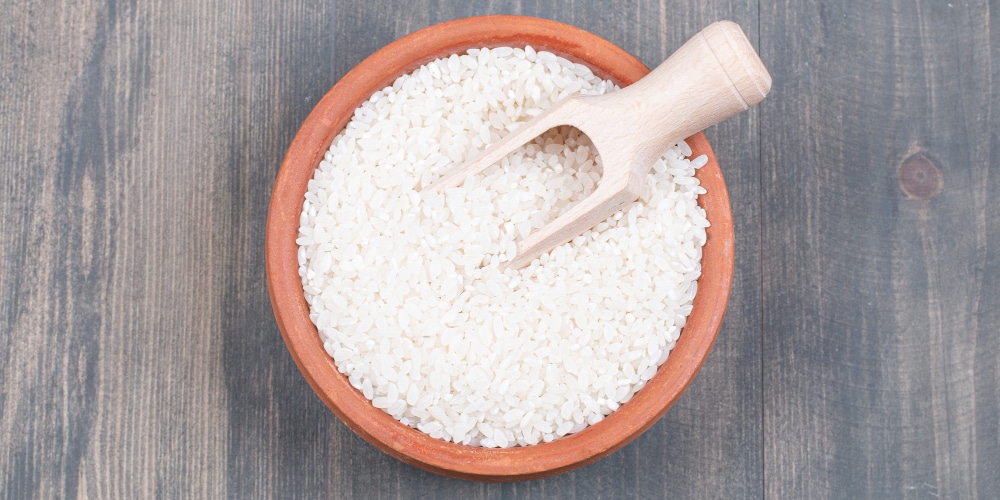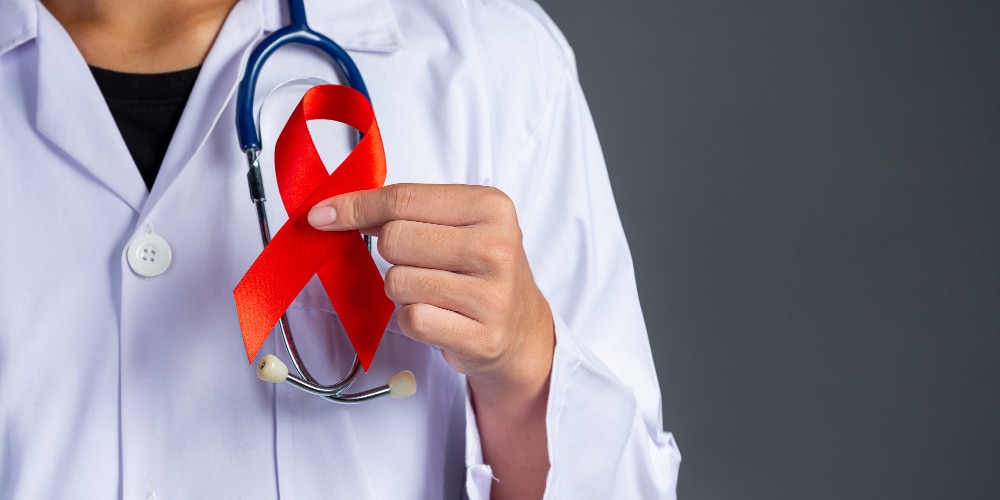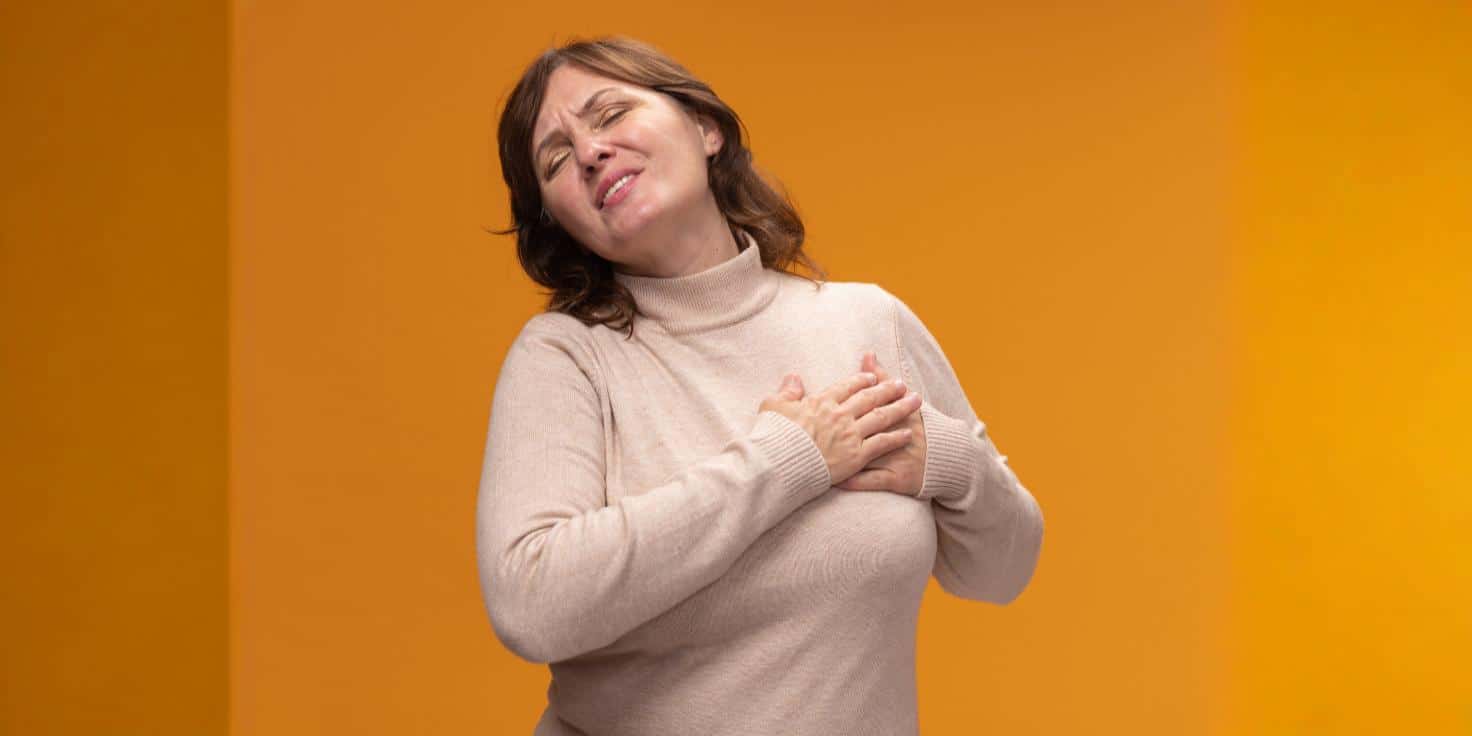Latest

Author
The hype about Master Cleanse, Mono Diet, or Mediterranean diet on social media tends to make huge generalisations and often distorts or ignores scientific evidence.
Social media platforms are abuzz with popular diets that claim to offer myriad health benefits and life-changing transformation. From Frugivore, a raw food/fruit-based diet, pushed by YouTubers and their ilk, to influencer-approved Master Cleanse (also called the lemonade diet) and the trending Mono Diet, where one eats an entire food group for several weeks, the options are plenty.
First Check reached out to Dr Sangeeta Tiwari, Clinical Nutritionist at Artemis Lite, New Delhi, India, to understand if there’s any scientific basis to these diet trends on social media. “Such unverified claims and sensationalised content often lure individuals into adopting unbalanced, extreme dietary practices, leading to nutritional deficiencies and adverse health consequences. In addition, conflicting advice and unrealistic promises create confusion, hindering informed decision-making and potentially causing psychological distress,” she says.
The Mediterranean diet, for instance, which is heavy on vegetables, fruit, seafood, and olive oil and light on red meat, does have strong scientific backing. The diet, developed in the 1940s by physiologist Ancel Keys, has been linked to a reduced risk of heart disease and diabetes, according to scientific studies. The lower prevalence of heart disease in the Euro-Mediterranean countries that follow this diet compared to the United States supports this body of research.
Yet there’s no dearth of misinformation on the Mediterranean diet on social media platforms. A 2022 study, for example, found that a worrying amount of TikTok content on the Mediterranean diet failed to represent it accurately, creating confusion that could prevent users from reaping its full benefits.
The study analysed over 200 TikToks with the hashtag #mediterraneandiet and found that around 20% videos focused on Mediterranean culture instead of health, and almost 70% of these posts promoted foods that are not aligned with this particular diet.
Similarly, in a recent study published in the Journal of Sociology, digital sociologist Dr Naomi Smith and PhD student Justine Topham found potentially dangerous health misinformation in the YouTube videos, such as repeatedly debunked myths about detoxing and cleansing.
The wider problem is that advocates of these fad diets often exaggerate the advantages of their approved foods and overemphasise the drawbacks of all others. This tendency reflects a broader wellness culture that tends to make huge generalisations and often distorts or ignores scientific evidence.
“In the current era of dietary confusion fueled by social media, selecting a healthy yet effective diet involves considering one’s individual needs, consulting healthcare professionals, and opting for evidence-based information. One should look for a diet that promotes a variety of nutrient-dense foods, emphasises portion control, and is backed by reputable scientific studies,” says Dr Tiwari.
When it comes to health, Dr Tiwari insists, one should always check the credibility of the sources. This is particularly important in the context of the misinformation on veganism and other trending diets rampant on social media. Meanwhile, to counter these sources of misinformation, cultivating media literacy is essential. “Understanding the motivation behind health claims and recognising marketing strategies can help separate fact from fiction,” notes Dr Tiwari.
Also Read : Fact-check: Dietary choices, physical activity not the only determinants of weight gain










